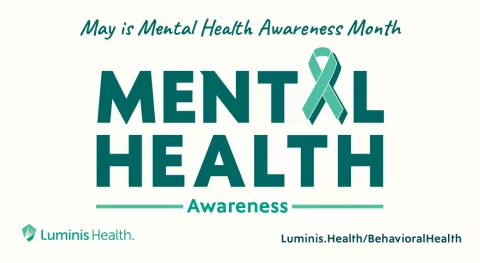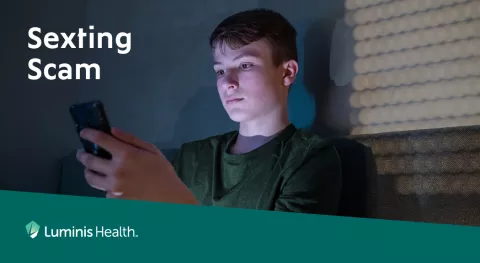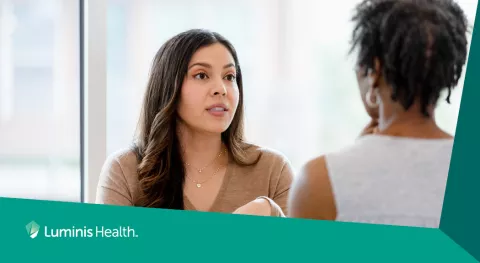by Luminis Health

Children with attention deficit hyperactivity disorder (ADHD) often have a difficult time in school. If your child with ADHD is having trouble at school, Jennifer Williams (Walton), MA, LPC, LCPC, a mental health professional at Anne Arundel Medical Group (AAMG) Mental Health Specialists, offers some important tips.
“Children with ADHD respond well to having a structured daily schedule. Make sure that your child’s day has a large amount of clearly defined structured time to prevent them from making impulsive decisions that will lead to negative actions. Children will feel more comfortable if they know exactly what is happening during the day, and when it will happen,” Williams says.
School Rules
Make sure your child is seated in the front row, close to the teacher, and not next to a window or in the back of the room where distractions abound.
Children with ADHD need their teachers’ and parents’ help de-cluttering their school backpack, which lessens the confusion and frustration when looking for homework that needs to be completed or turned in.
Along with your child’s teacher, take a proactive stance to break large assignments into smaller parts. Big projects can frustrate kids with ADHD.
Home Sweet Home
With school presenting its own challenges, it’s time to reinforce steps that make for a calmer home life. For example, Williams stresses the positive effects of a goal or reward chart. Immediate rewards for smaller goals might include extra video game time or a favorite snack. Larger rewards for bigger accomplishments can include an outing to your child’s favorite park.
A Helping Hand
If it feels like your child is struggling more than usual with distraction, impulse and hyperactivity, it may be time to seek additional medical help.
For children 6 years of age and older, the American Academy of Pediatrics recommends behavior therapy with medication. While your pediatrician can prescribe medication, behavioral therapy for children can be hard to find. Your pediatrician may be able to help.
If your pediatrician tried one or two ADHD medications but results are not as hoped, that points to a more complex case that calls for a psychiatric provider. This is particularly important if your child is dealing with ADHD plus other issues, and these cases are typically beyond the pediatrician’s expertise.
Ask questions, find resources and learn more at askAAMC.org/HealthyMinds.
 Jennifer Williams (Walton), MA, LPC, LCPC, is a mental health professional at Anne Arundel Medical Group (AAMG) Mental Health Specialists, located in Annapolis. To reach her, call 410-573-9000.
Jennifer Williams (Walton), MA, LPC, LCPC, is a mental health professional at Anne Arundel Medical Group (AAMG) Mental Health Specialists, located in Annapolis. To reach her, call 410-573-9000.



